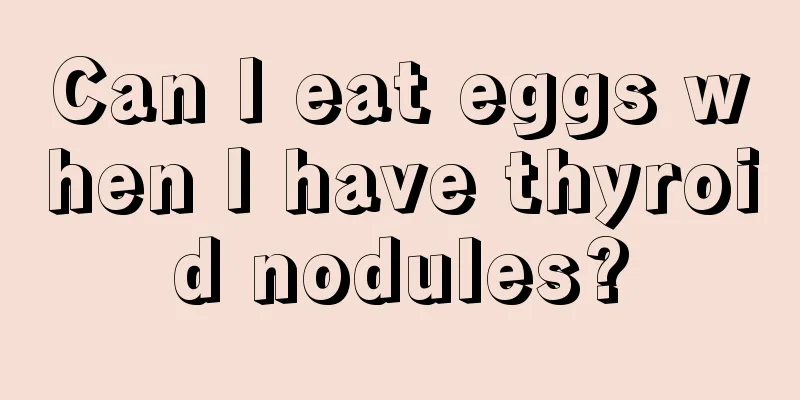How to treat rumen bloating and esophageal obstruction in dairy cows?

|
As we all know, the milk people drink comes from cows. There are large-scale dairy cow farming in many places in China. For people who raise dairy cows, what they worry about most is the cows getting sick. There are many diseases in dairy cows. For example, when cows have bloating, they will not want to eat, which will greatly affect the milk production. So what is the correct treatment for bloating and esophageal obstruction in cows? How to treat rumen bloating and esophageal obstruction in dairy cows? Rumen bloating is a disease caused by cattle eating a large amount of easily fermentable feed, which ferments in the rumen and produces a large amount of gas, resulting in rapid expansion of the rumen and reticulum. In the early stage of feeding calves with complete pelleted feed, it is very easy to occur due to excessive feed intake. The clinical manifestations are difficulty breathing and a sharp increase in unilateral or bilateral abdominal circumference. 1. Cause: Primary rumen bloat is mostly caused by eating large amounts of easily fermented feed, fresh legume forage, root vegetables, feed with frost and snow, and moldy and spoiled feed; accidentally eating poisonous grasses such as Aconitum and Poison Hemlock that paralyze the rumen; secondary diseases such as esophageal obstruction and chronic traumatic reticulitis. 2. Diagnosis: Rumen bloat disease initially causes frequent belching. After the belching stops, the cow becomes restless when standing. The rumen is tense and elastic when palpated, and there is a drum sound when percussed. The peristaltic sound of the rumen is weakened when auscultated. Breathing is extremely difficult, and the visible mucosa is purple. In the later stage, the sick animals breathe with their mouths open, break out in cold sweats, have an unstable gait, or cannot get up from the ground. 3. Prevention: Properly match the feed, limit the amount of easily fermented feed, and avoid feeding moldy and rotten feed. The replacement of feed should be carried out gradually, and management should be strengthened to prevent cattle from eating too much legume forage. 4. Treatment: First, stop feeding pellet feed and increase calf exercise. Secondly, it can eliminate the gas in the rumen and stop fermentation. The rumen is punctured and deflated. The exhaust speed should be appropriate and not too fast. Anti-fermentation agent (40 ml of turpentine or 20 ml of chloranil) is injected through the cannula needle. Pay attention to strict local disinfection; or slow laxative to stop fermentation (500-800 grams of magnesium sulfate, 20 grams of ichthyol, 4-5 liters of water, taken orally). For foaming, you can take 100 ml of defoaming agent polymerized methyl silicone oil and 100-200 ml of turpentine and ichthyol alcohol mixture. Finally, vitamin B complex and gentamicin are injected intramuscularly. |
<<: How many days should I take the anti-inflammatory drip after the armpit odor surgery
>>: What to eat to reduce inflammation after loose body surgery
Recommend
Conservative treatment of distal fibula fracture
Distal fibula fracture is also quite common in li...
Clinical significance of elevated brain natriuretic peptide
Brain natriuretic peptide is abbreviated as BNP, ...
My eyes are rubbed and there is no foreign body
Eyes are an important part of our body. When we a...
Alanine aminotransferase and bilirubin are high
When we check liver function, we often test the l...
How to treat bladder cancer in pregnant women
How to treat bladder cancer in pregnant women? Wh...
Are fake moxa sticks harmful to the body?
Many people use moxa sticks for health preservati...
How to make your boyfriend hard?
When men have sex, there will inevitably be some ...
What is the cause of pain in the big toe joint?
In daily life, pain in the big toe joint is a rel...
Does painless hair removal have any side effects?
Nowadays, with the continuous improvement of livi...
What if we have no common topics?
In life, whether it is a relationship or a marria...
What are the views on detoxification of athlete’s foot in traditional Chinese medicine theory?
Traditional Chinese medicine is profound and exte...
How long can you live with prostate cancer
The prognosis and survival time of prostate cance...
What should I do if hair grows on a mole
The growth of hair on the top is actually caused ...
How to care for dentures
Friends who use dentures should not think that th...
What to do if brain edema occurs after radiotherapy for lung cancer?
What should I do if I have brain edema after radi...









